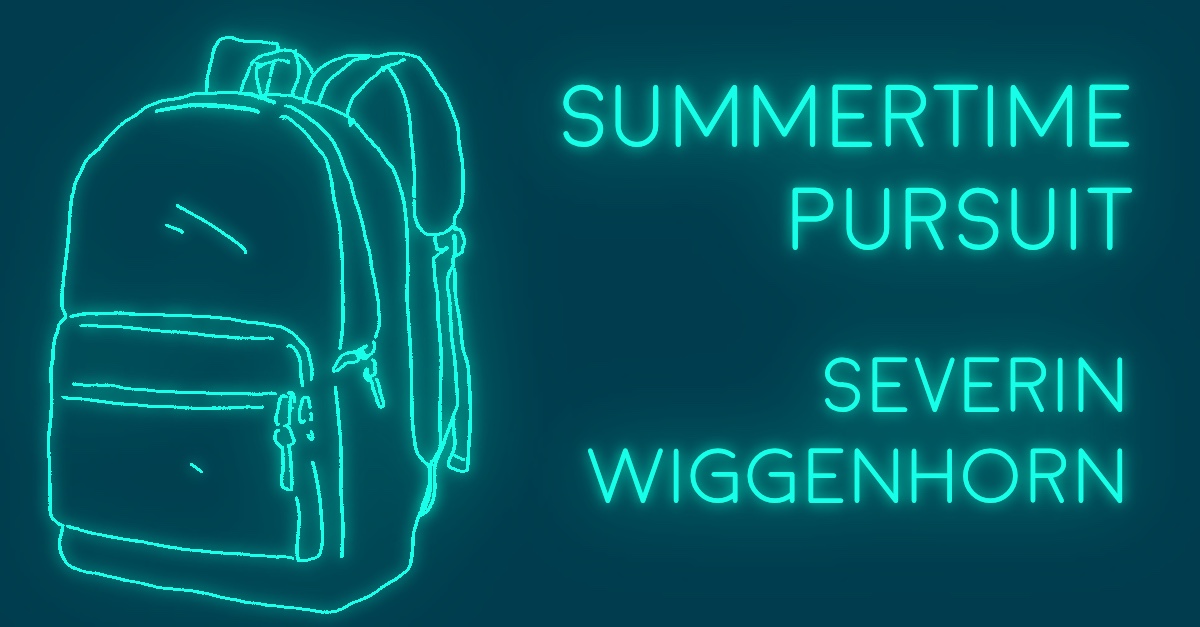
SUMMERTIME PURSUIT by Severin Wiggenhorn
But there are two kinds of shame: the kind that you cannot speak the words to, even in your head, and the kind you can’t stop talking about. I told the story for years.

But there are two kinds of shame: the kind that you cannot speak the words to, even in your head, and the kind you can’t stop talking about. I told the story for years.
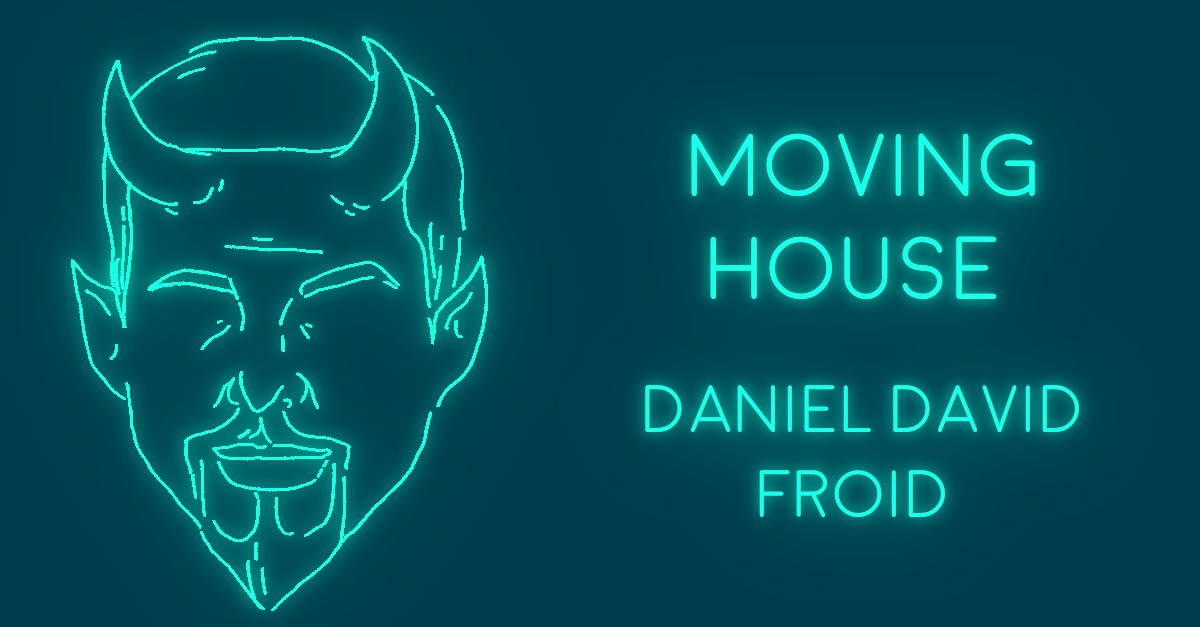
The crack widened at last and cleaved the porch in two. The tree had effected a crack that, the men saw, was surprisingly neat. The work of the devil, said Fred.
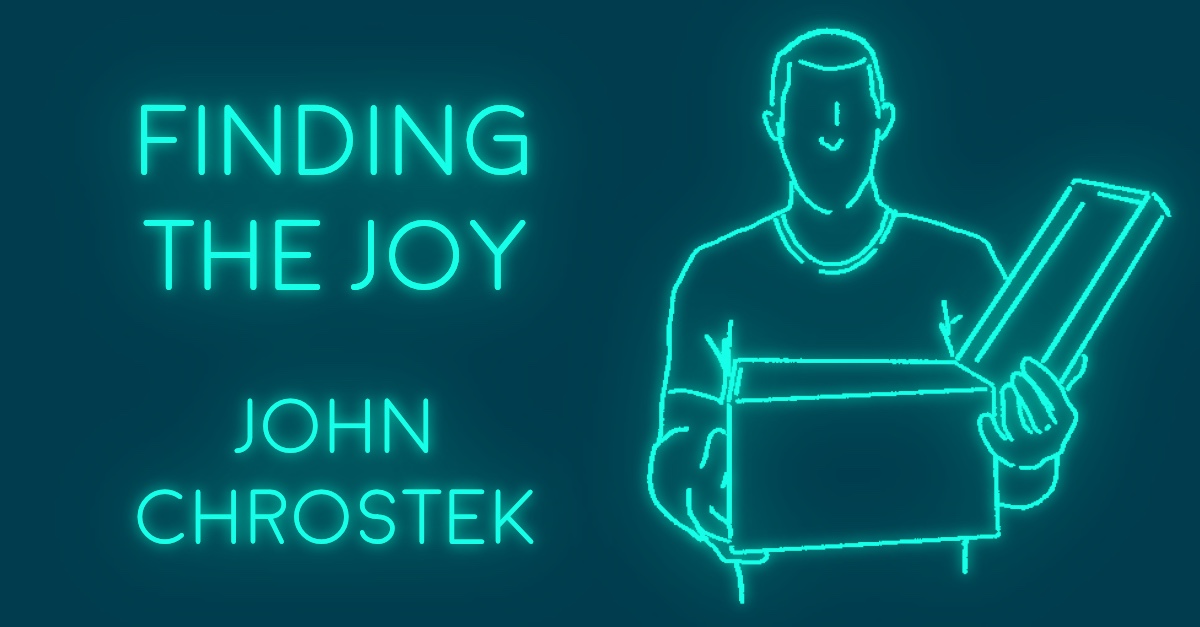
No one had spoken up for me. Not a single soul on my street told the officers they had the wrong idea, that I was a pillar of the community.
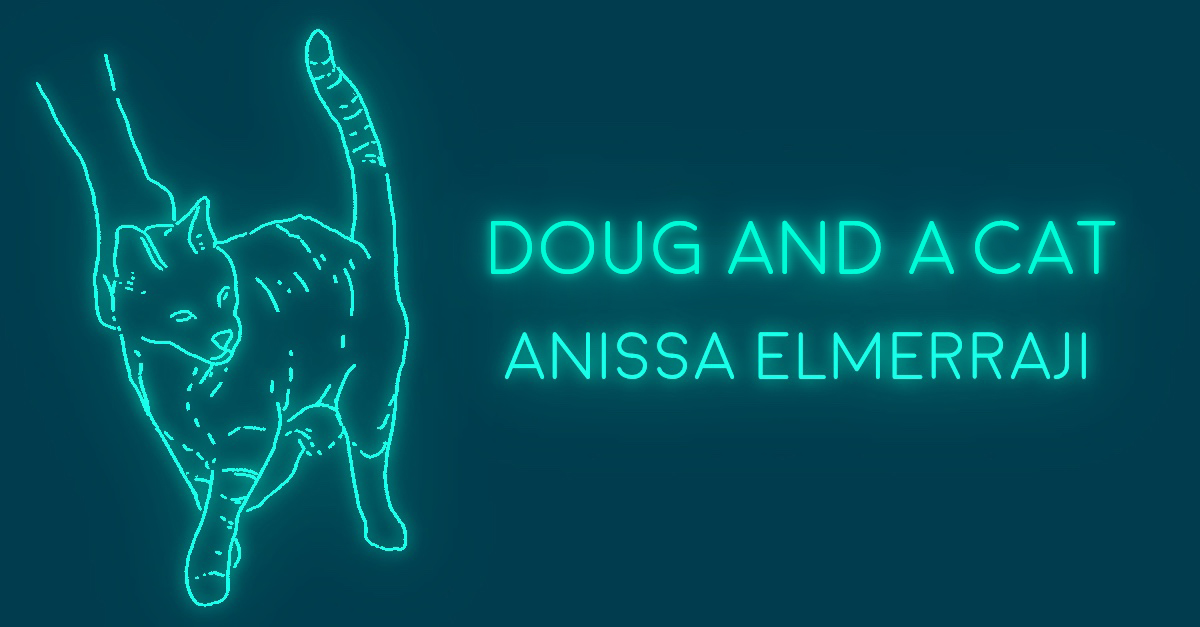
He lunges into the dirty can and takes the cat by the scruff. It hisses and scratches his hands until blood drops fall from his hands.
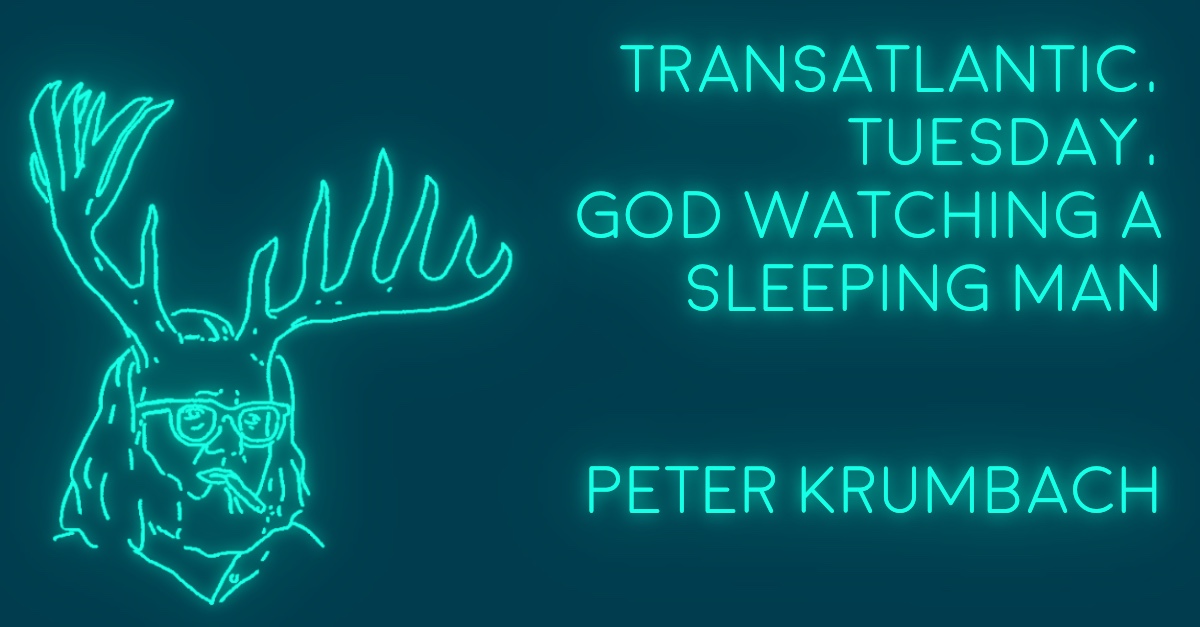
The 84-year-old woman across the table from me describes a couple who has chosen to be buried in coffins stacked on top of each other in one grave.
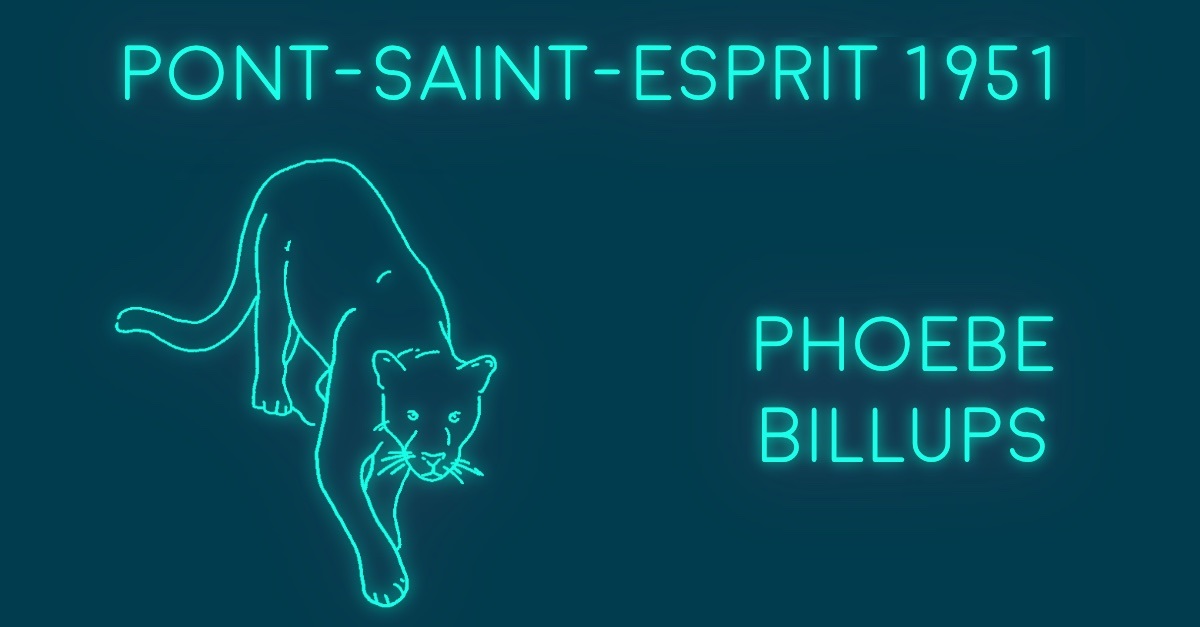
The man clutches at his stomach as the attendants wrestle him into a straitjacket. By the time they manage to sedate him, the waiting room brims with new patients.
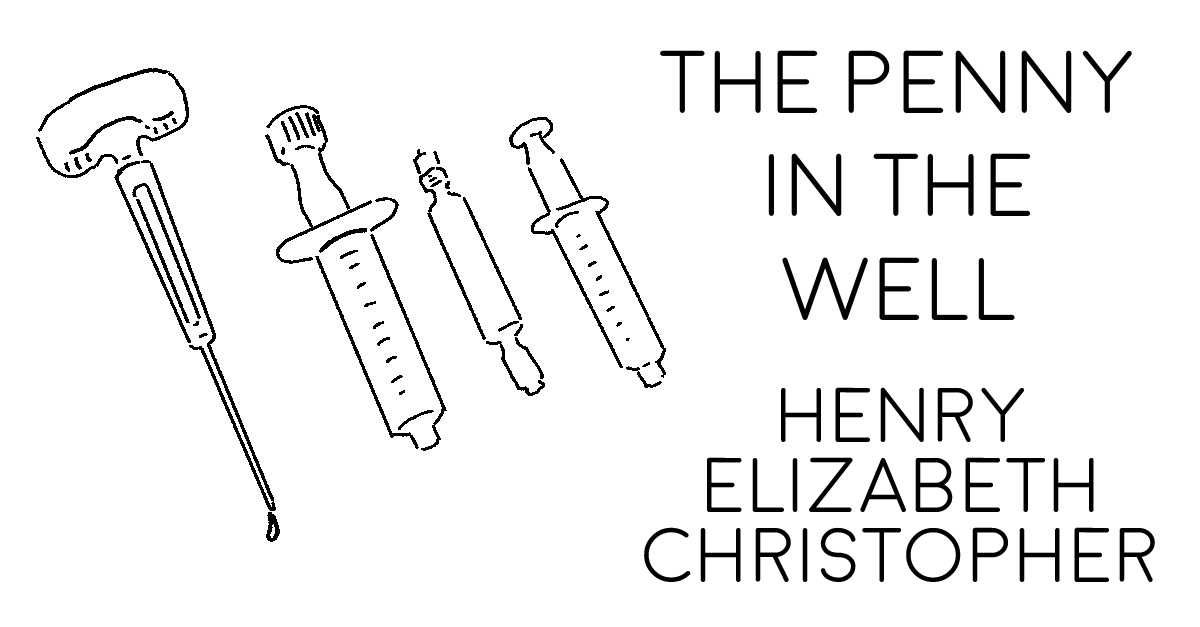
We had sex, he took my blood. Positive ions, positive feedback loops. The cycle perpetuates itself.
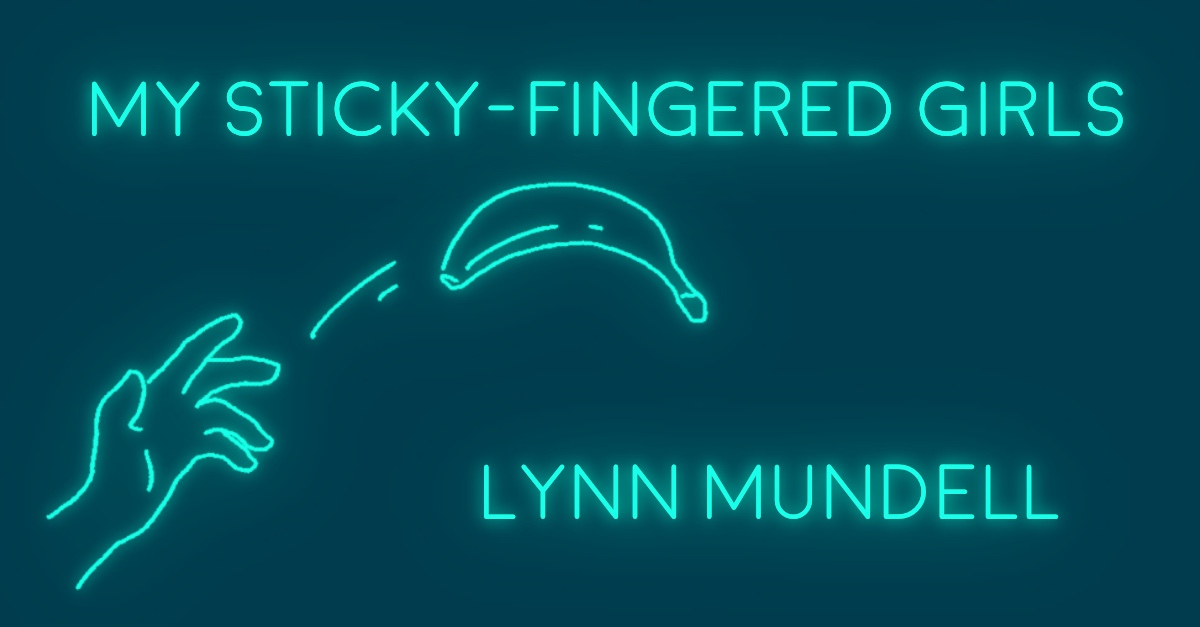
I look at the baby doll abandoned on the floor next to its ripped box, its unblinking blue eyes staring back at me. One of its fat cloth legs has been ripped off in the fight.
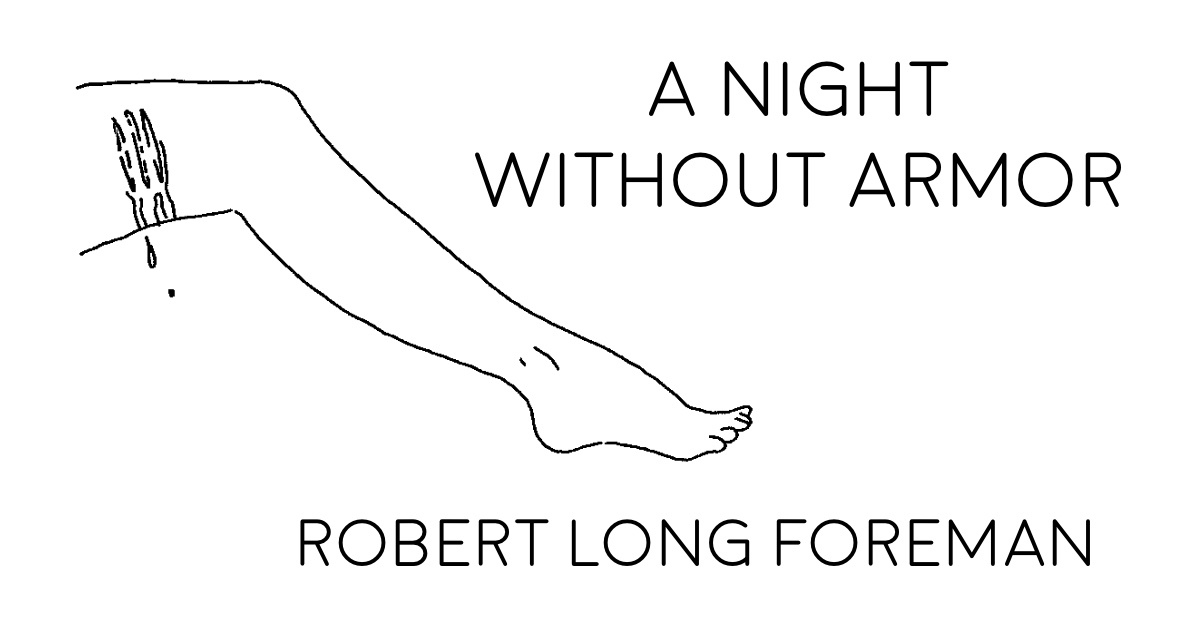
Tamberlyn fell on the pavement, hard. Her body slapped against it. It sounded like someone dropped a lot of meat.
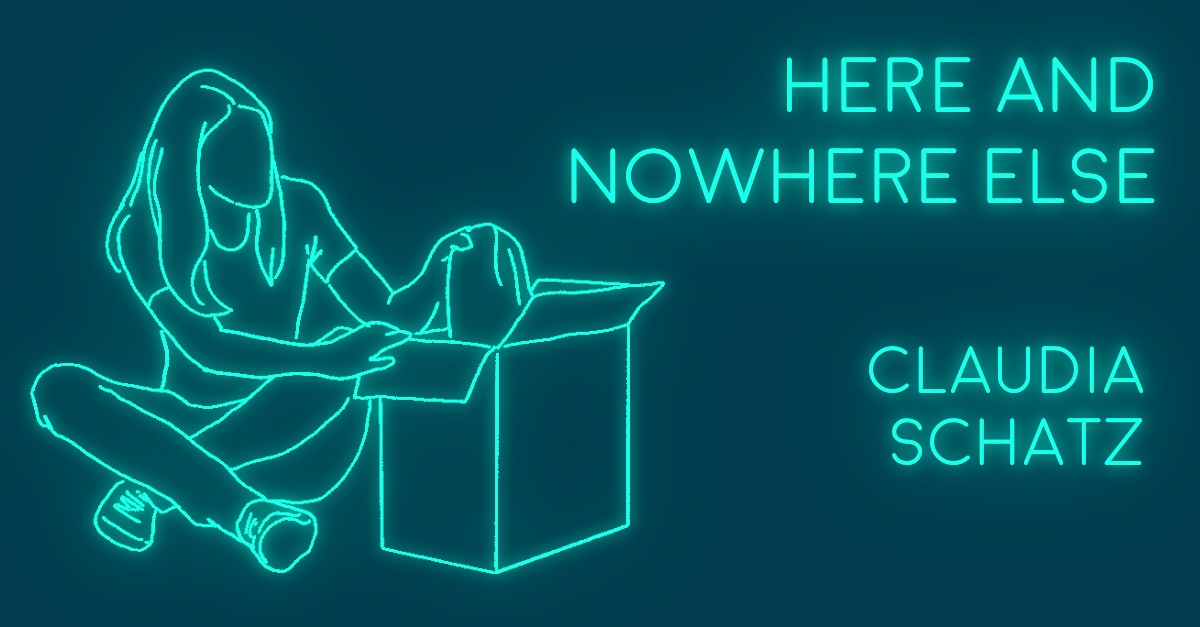
The window over the bathroom sink, up high and pointing out, the only window in the whole house where all you see is sky.